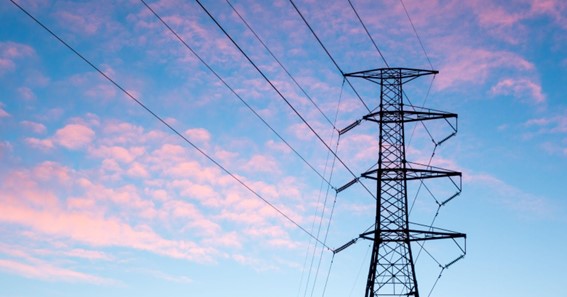Choosing between all the available options and the plethora of new jargon when it comes time to select an electricity plan can be very perplexing. What distinguishes electric delivery from electric supply is one of the most frequent grounds of contention for electricity customers.
What Sets a Utility Apart from an Electricity Provider?
Although they play distinct roles, they are both essential to the effective implementation of electricity deregulation. Your total trust as an electricity client looking to compare power plans might greatly benefit from understanding how they work together.
What is an energy supplier?
Energy supplier is defined as an electricity supplier that buys electricity in bulk from electricity generators.
In every deregulated state, suppliers must hold a state-issued or federal license or certification before they can sell energy. If you’re in Norway, you may go to bestestrøm.no to look for the cheapest electrical utility provider. The website of the public utilities commission in your state maintains a current list that is searchable.
They then offer it for sale to the public at large for usage in residences and businesses at a retail price. Additionally, they collaborate on behalf of the local utility provider who provides customers with that power.
You must choose an energy supplier for your residence or place of business in some states, such as Texas’ deregulated regions. The neighborhood electric utility does not sell electricity. You can continue using the neighborhood utility in several other states, including Connecticut or Ohio. However, switching to a recognized electric provider enables you to lock in a set price.
By doing this, you can be sure that you are getting your electricity from a legitimate supplier.
You want to be sure that you are using a verified and certified provider so you don’t need to worry about incurring additional charges or suffering outages.
What is a utility for electricity?
The electricity utilities are the businesses that control and upkeep power lines and utility poles are known as electric utilities. When your electricity goes out, you call these people. It is the responsibility of utility companies to physically deliver electricity to your residence or place of business. This business may even be referred to as “the local electric company.”
Customers in several states still have the option of purchasing their supplies from the electricity company. To provide consumers who have not transferred to another electrical provider, these power companies must purchase electricity.
TDU (Transmission & Distribution Utility) may also be utilized. Both phrases can be used.
Everyone had to purchase their electricity through their local energy company prior to deregulation. Click here to learn more on electricity deregulation.
Deregulation has allowed for increased competition in the electricity market. In a deregulated state, power is often not produced by delivery services or electric utilities. However, it is possible that their parent company owns and runs electricity-producing facilities.
Electricity generated by the utility’s own power plants may be purchased. They could also buy power from different wholesale electricity suppliers.
The poles and wires that bring electricity to your home are the same whether you purchase it from a utility supplier or an electrical company.
What Separates an Electric Utility from an Electricity Provider?
Most of the time, it does not matter to the general public where the electricity originates from or how it reaches to their location, all that matters is that it does. But in reality, these two organizations have very different jobs to do.
They require precisely specified job descriptions for deregulation to work properly. Everything begins with the electricity producers, or the businesses that create electricity for distribution on the bulk market.
Large amounts of this electricity’s rights are purchased by the electricity suppliers or providers from the manufacturers on the market for wholesale electricity. Then they go back and resell it to their regular clients.
The distribution or delivery of power to clients who reside in an electric utility’s service region is their responsibility. The lineman that restores the electrical supply following a severe weather event and fixes the downed transmission lines and destroyed poles are also employed by the electric utilities.
The major distinction between a supplier of electricity and a utility company ultimately boils down to what and how they service. Electricity suppliers handle the buying and selling of electricity to customers. The cables and poles that serve your home are maintained by electric utilities.
Electricity Delivery Fees vs. Electricity Supply Fees
In the majority of states, the neighborhood utility company will continue to send you your electricity bill. Your retail electricity provider of choice in Texas will send you your electricity bill, for example, so it isn’t always the same in the case of billing.
A supply charge will appear on your electricity account each month. That applies to the electric supply you’re able to either purchase from your neighborhood utility company or a registered retailer of electricity. Additionally, a delivery charge will appear on the power bill each month. This is for the purpose of delivering electricity to your residence or place of business.
To whom do I pay my electricity bills?
Your local energy utility or your power supplier, according to the state where you reside, will send you your electricity bill. Regardless, there are typically two lines on your electricity bill: supply and delivery.
The supply price, which goes to your electricity provider, is based on the actual electricity consumed. The delivery charge is paid to your local electric utility for the transport and distribution of electricity.

